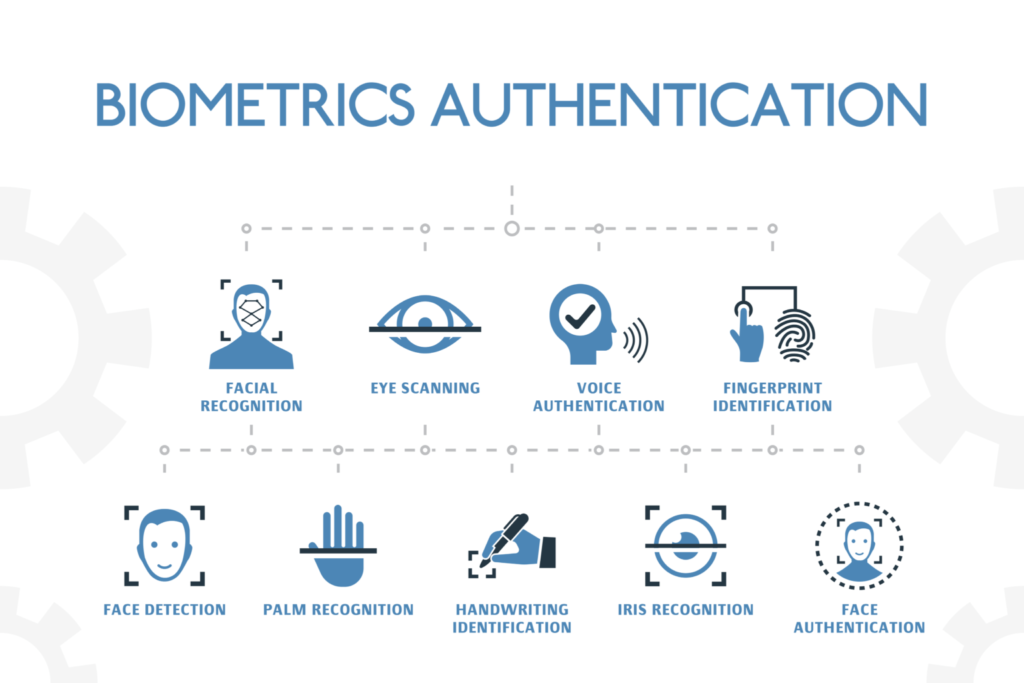Digital identity systems are currently underpinning the digital transformation of countries worldwide. Impulsed by the call set on Sustainable Development Goal (SDGs) 16.1 – legal identity for all by 2030 – and the pandemic that pushed for various public and private services moving online, digital identity systems are proliferating both in the Global North and in the Global South.
Drawing from my participation in the Berkman Klein Center’s Research Sprint on Digital Identity in times of crisis, this blog post will dive deeper into the benefits brought by digital identity systems, and also the increasing risks and challenges that need to be addressed in order for digital identity systems to unlock their value for all. A larger report proposing an inclusivity framework for digital ID systems is upcoming.
The benefits of digital identity systems
Digital identity systems promise to unveil a variety of benefits, from increasing formalization (e.g, reducing fraud, protecting rights, increasing transparency, and promoting digitization), fostering inclusion (e.g., by promoting greater access to goods and services), and transforming financial schemes.
As a result of these promises – and encouraged by international actors –, many countries around the world have introduced technologies that support digital ID systems that allow for an individual’s identity attributes to be digitally available as a means of ‘leapfrogging’ more traditional paper-based systems.
Systems based around a user’s physical data are known as biometrics and these systems can include everything from fingerprints to eye scans and sometimes even behavioral data. Overall, these technologies promise to bring a series of benefits for societies and aim to support SDG 16.1.
Biometrics Authentication Services

Emerging risks and challenges of digital identity systems
Although digital identity technologies bring innumerous benefits, their development and implementation have given rise to a variety of risks and challenges. These issues can derive from how data is governed and managed through the value chain of such systems. Digital identity systems could potentially increase the risk of exclusion of already marginalized groups, especially because of lower levels of digital literacy and lack of access to electronic devices, vulnerability of certain communities, data protection challenges, privacy risks, and even power imbalances.
The profound digital and data gap in infrastructure, technology, and skills, especially in the Global South, poses an additional level of complexity for digital ID systems. In countries where there is a significant gap with regards to access to services between rural and urban communities, there is already a challenge when it comes to accessing legal identity services; connectivity, infrastructure, and literacy gaps only deepen the divide and the challenge of implementing digital ID systems.
Communities around the world have expressed their concern with regards to the data that is being collected by these systems and what it is being used for. Many have even expressed fear of these technologies and are unwilling to trust any form of digital tool that contains their ID. The rapid push for digital identity in times of crisis only exacerbates the gaps and the challenges. Specific communities are more vulnerable to the threats posed by these technologies and the risk of exclusion is on the rise.
Migrants and refugees, for instance, are being excluded from many digital ID systems since their constant mobility stops them from settling in one place and acquiring an ID. Some of them – as they are not nationals of their host countries – do not classify to obtain a digital ID, many arrive in a country without physical documentation, and many are simply not willing to obtain a digital ID because of the uncertainty of what governments might do with the data they collect.
Other vulnerable communities to digital identity policies and services include women and girls, LGBTQI+ communities (trans people in particular), children and youth, and indigenous communities, among other groups.
Data Governance and Digital ID
While digital identity systems have the potential to bring valuable benefits to individuals and communities, the lack of sound data governance policies and practices can pose risks to human rights – affecting data protection, political participation, inclusion of diverse communities, among others.
Data governance for digital identity systems should support the development of privacy and cybersecurity standards throughout the data life cycle, as well as robust and inclusive mechanisms to enable “public consultation, auditing, and objection to data collection and use.” Overall, novel data governance frameworks are needed to ensure that there are regulatory and technical safeguards for data use and collection, especially from vulnerable and marginalized communities.
Digital identity systems and data governance add up to a powerful public good since data governance would allow individuals and communities to trust these technologies. Countries such as Estonia and Singapore have brought forward digital ecosystems that give citizens greater agency over their data. Learning from these experiences and building robust data governance frameworks for digital identity could unlock its benefits for all, and not just for a few.
Agile and inclusive data governance is needed for digital identity to ensure that communities are considered and digital identity systems and policies are more inclusive. The Datasphere Initiative will keep exploring this and other fundamental issues and topics to fulfill its mission of responsibly unlocking the value of data for all.
The Datasphere Initiative team is developing more agile data governance frameworks to foster inclusion. Are you undertaking similar research and/or would like to contribute to the effort?
Reach out to us at [email protected].





